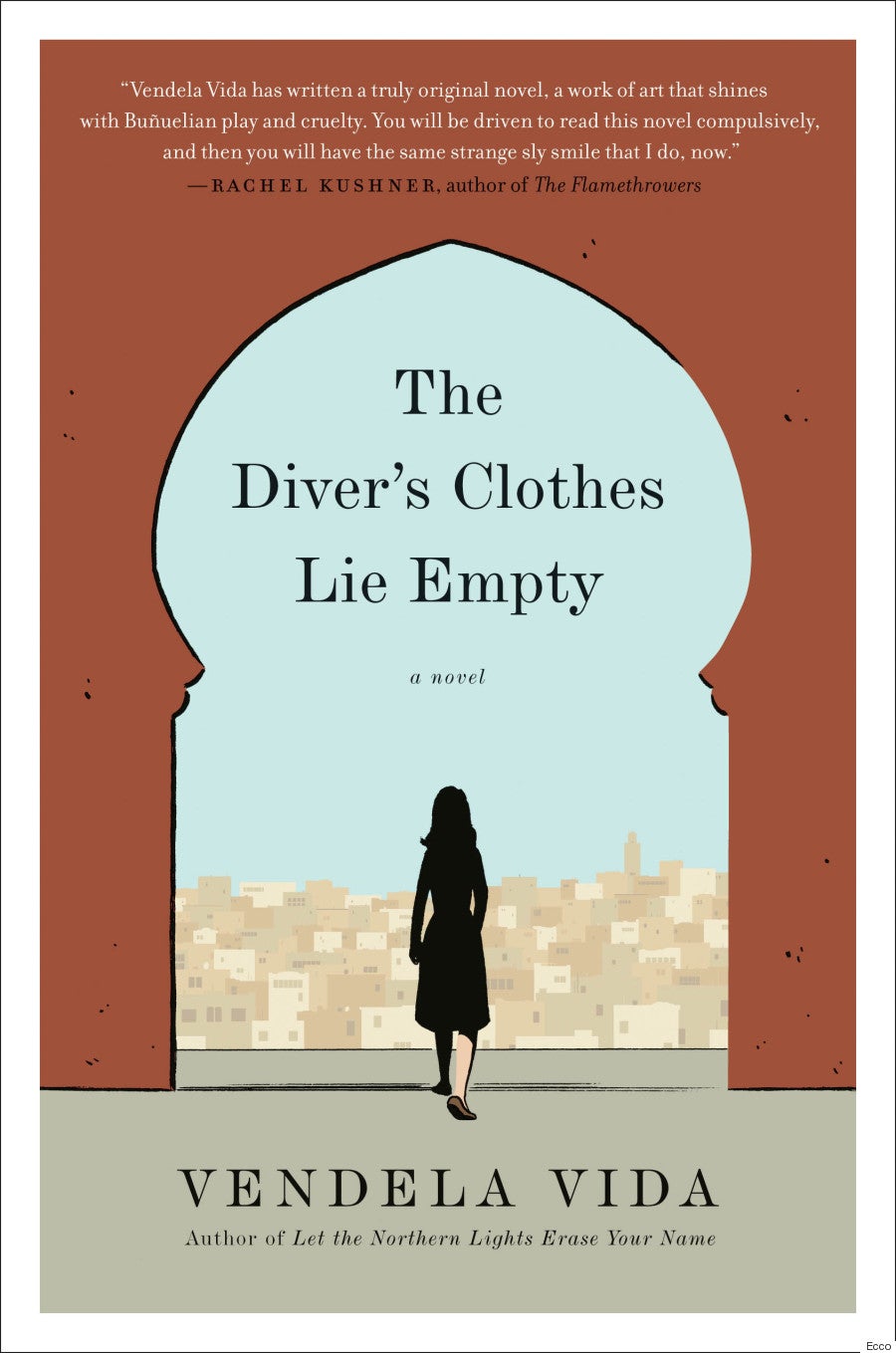The Diver’s Clothes Lie Empty, by Vendela Vida - book review: Identity lost and found
Atlantic - £14.99

Your support helps us to tell the story
From reproductive rights to climate change to Big Tech, The Independent is on the ground when the story is developing. Whether it's investigating the financials of Elon Musk's pro-Trump PAC or producing our latest documentary, 'The A Word', which shines a light on the American women fighting for reproductive rights, we know how important it is to parse out the facts from the messaging.
At such a critical moment in US history, we need reporters on the ground. Your donation allows us to keep sending journalists to speak to both sides of the story.
The Independent is trusted by Americans across the entire political spectrum. And unlike many other quality news outlets, we choose not to lock Americans out of our reporting and analysis with paywalls. We believe quality journalism should be available to everyone, paid for by those who can afford it.
Your support makes all the difference.When scholars, say from the 25th century, review 2015’s literary scene, they might worry about the mindset of America’s novelists. Much has been made of Hanya Yanagihara’s A Little Life, in which a man gains the world but finds no consolation for a lost childhood. Bill Clegg blew up a packed house in Did You Ever Have a Family to ponder whether an individual can withstand the loss of their loved ones.
Vendela Vida’s fourth novel is also concerned with asset-stripping. Her unnamed heroine travels to Morocco where she loses her passport, computer and money – in other words, every document that normally establishes an identity.
Vida doesn’t exactly play this loss for laughs, but her sense of the absurd does permit the possibility of black humour. Such a mood is encouraged by her deployment of second-person narration: “You have not been yourself lately,” our heroine says with a characteristic blend of off-handedness and significance. The effect is at once intimate and distancing.
Casablanca proves an appropriate purgatory. “The first thing to do upon arriving in Casablanca is get out of Casablanca,” a guidebook advises, futilely as it turns out. The city also resonates as a fiction, thanks to the famous movie which puts in a knowing cameo. It seems a combination of chance and artistic contrivance that our heroine’s money woes are solved when she wanders on to a film set and is hired as the stand-in for a famous Hollywood actress.
Vida deftly handles this meta-fictional game, relishing the ironies prised open by a (fictional) character substituting for a (fictional) actress playing a (fictional) film role in a novel. Vida’s fable refuses to be heavy handed, however, even as she explores the thematic possibilities of the self as performance. Her heroine adapts to her ever-changing world by skipping from identity to identity.
Such playfulness is, as the melancholy twist reveals, a desperate form of escape. The disclosure injects sudden heartbreak, but not at the loss of the earlier mood. The frantic farce of the conclusion is disorienting but very funny. Not even an existential shepherd could keep track of all the “Yous” roaming about. “I didn’t realise you were someone else,” a tour guide says. “You’re the person you have been looking for,” another character exclaims. “Isn’t that hilarious?” Indeed it is, but The Diver’s Clothes Lie Empty is also moving, clever and bright as a button.
Join our commenting forum
Join thought-provoking conversations, follow other Independent readers and see their replies
Comments